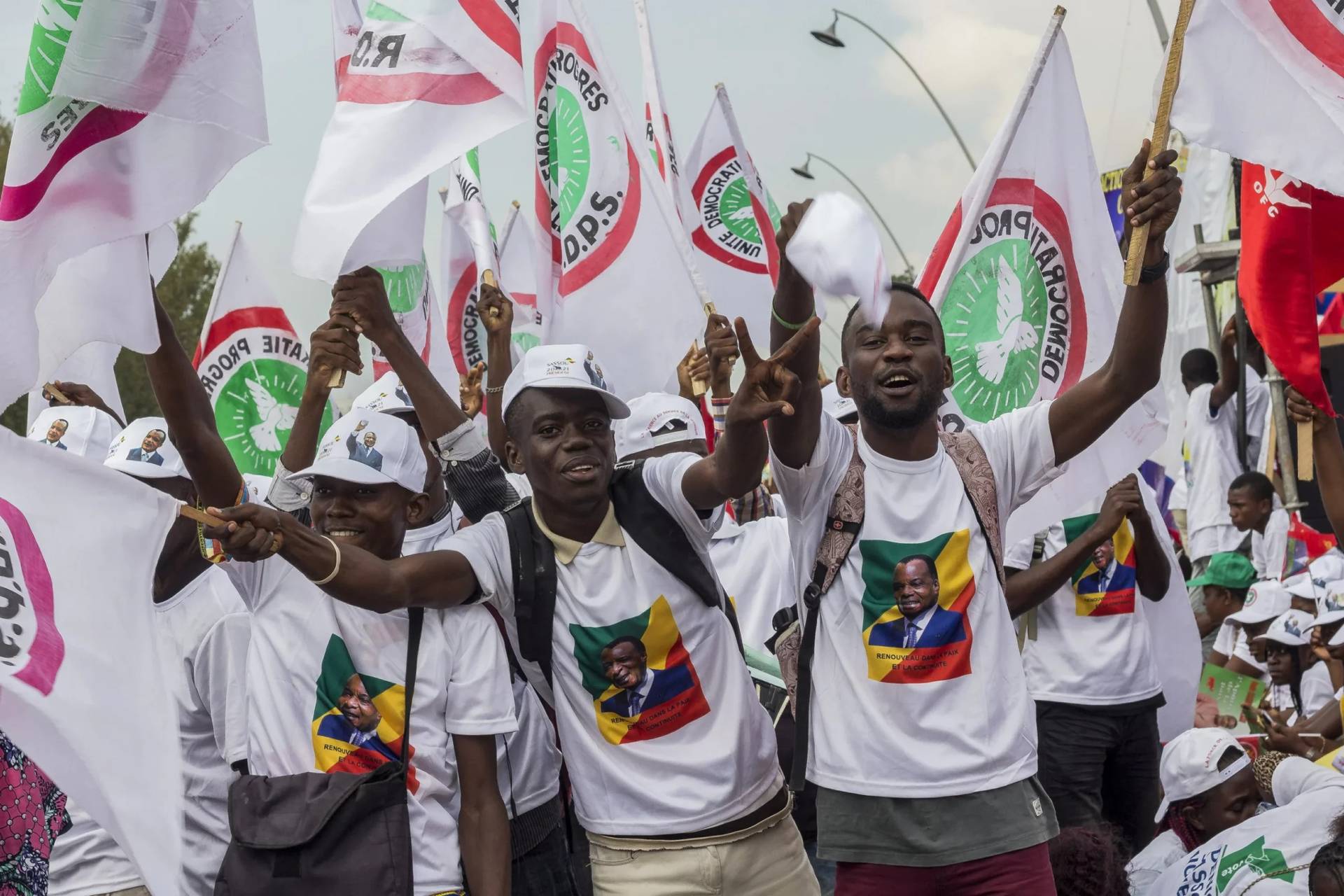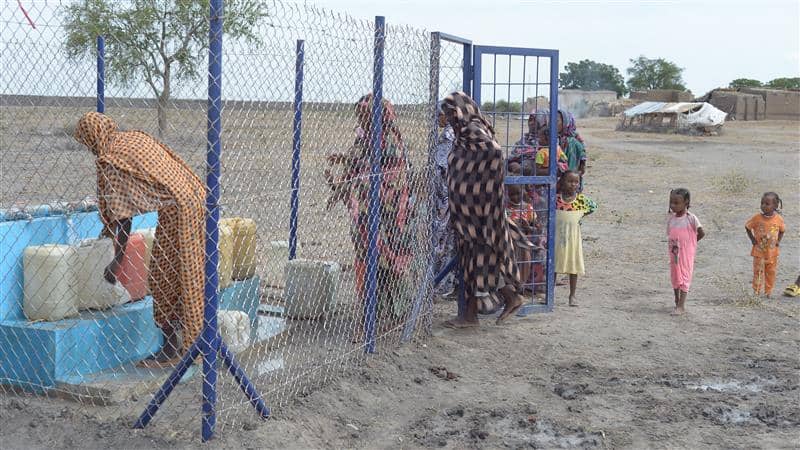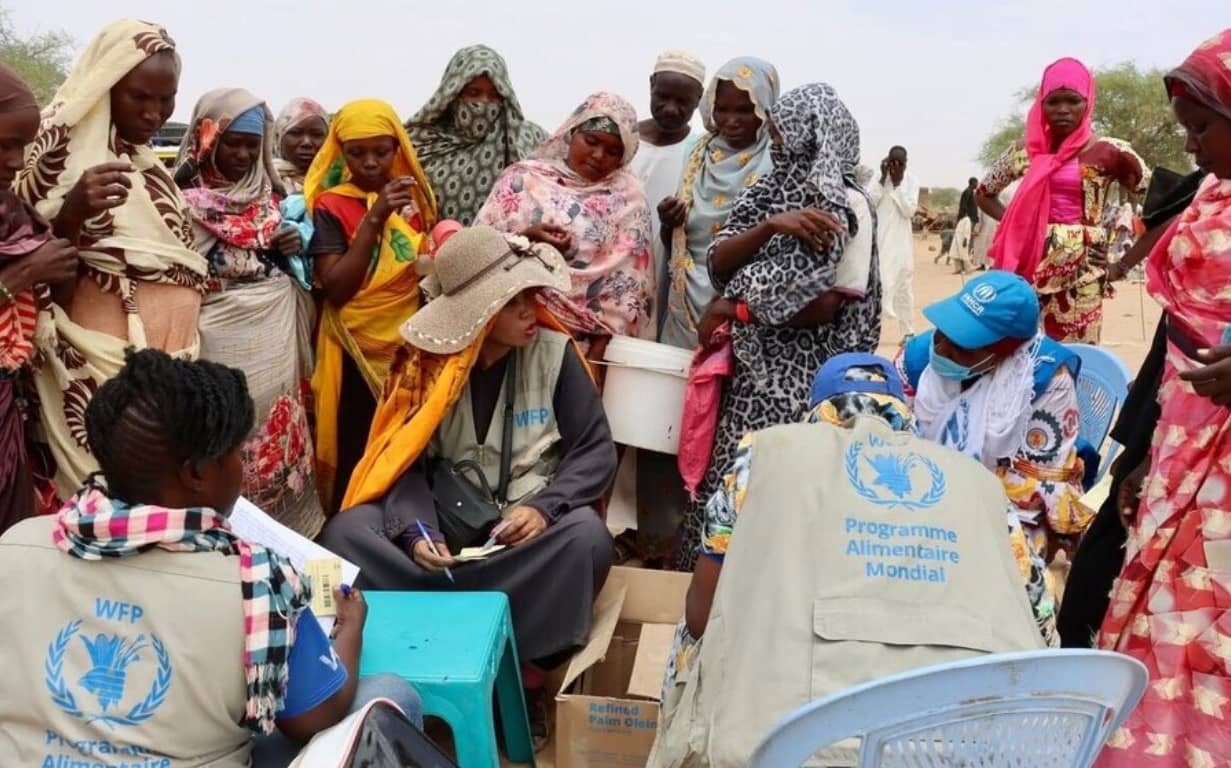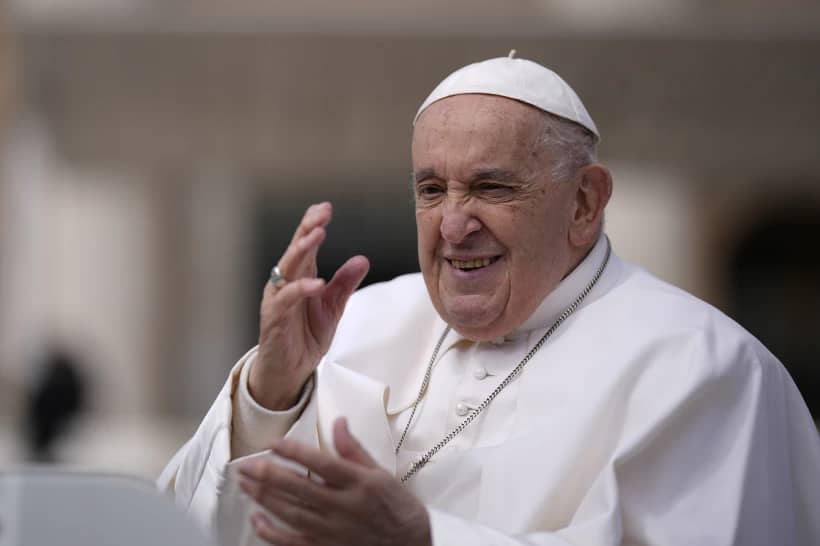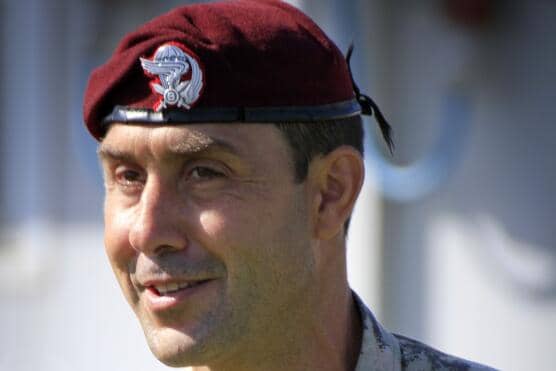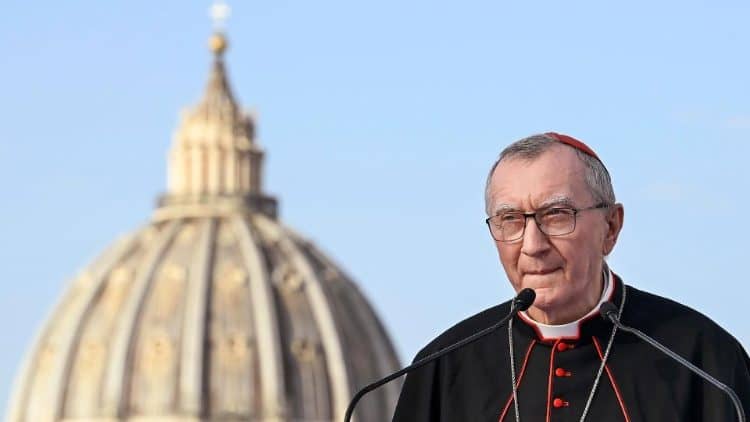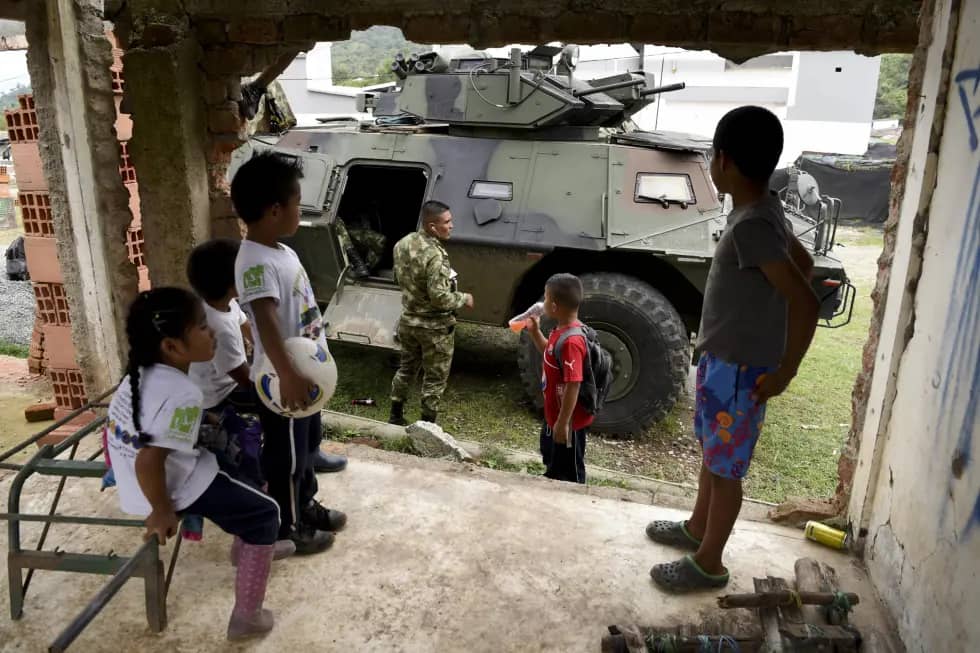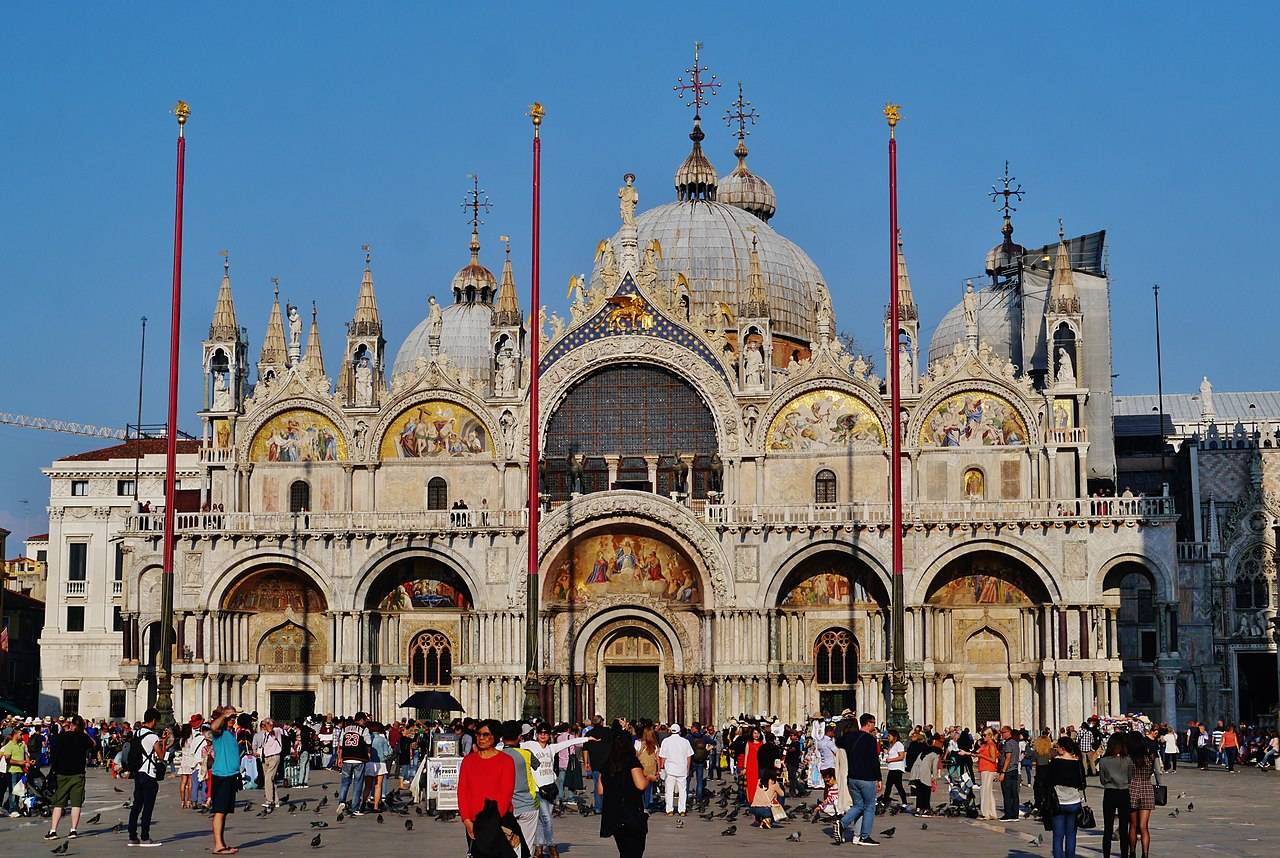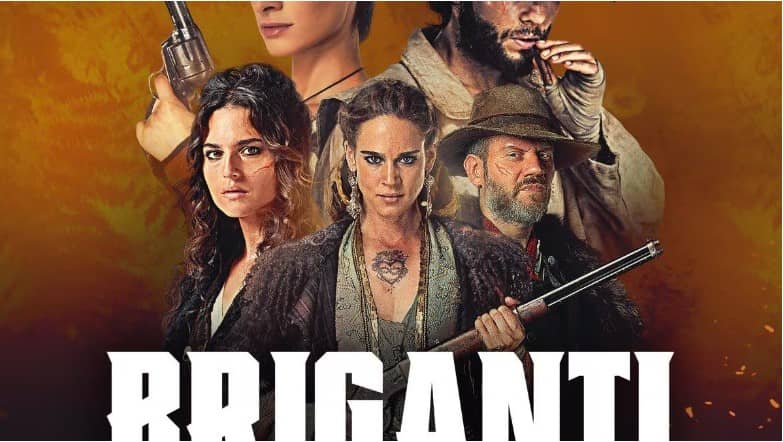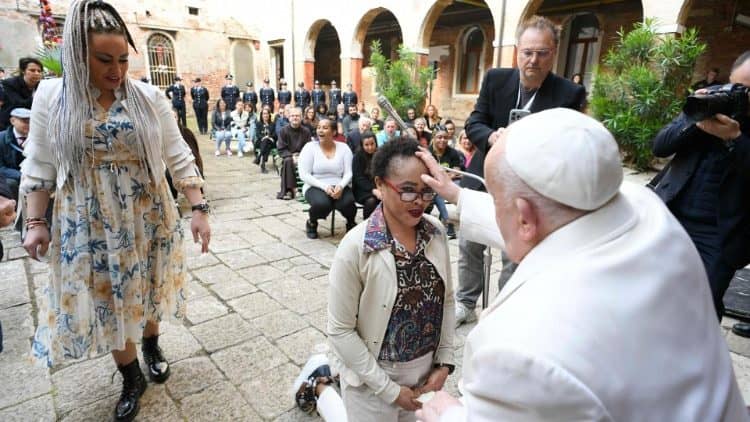YAOUNDÉ, Cameroon – Cardinal Fridolin Ambongo Bessungu was mistreated by security personnel at N’djili International Airport in the Democratic Republic of Congo, according to the Archdiocese of Kinshasa.
On April 14, Ambongo – who is a key advisor to Pope Francis – was barred from entering the VIP lounge while on his way to Rome.
The Congolese cardinal holds a diplomatic passport, which gives privileged treatment at airports.
In a statement, the Chancellor of the Kinshasa archdiocese, Father Clet-clay Mamvemba berated airport officials for denying the cardinal his right to access and suggested that his treatment could be linked to Ambongo’s sharp critique of Congolese authorities in his Easter message.
“As you know, the Metropolitan Archbishop of Kinshasa is a member of the C9, the Council of Cardinals assisting Pope Francis in the Church Reform project,” Mamvemba said in the statement.
“It was for this mission that he was traveling,” he added, before wondering why the cardinal should be denied his right to the VIP lounge.
“It would be a pity if this treatment follows on from his prophetic pronouncements, notably his Easter night homily in which he challenged all those involved, in any way, in the crisis raging in our country,” the chancellor said.
In his Easter message, Ambongo lamented the persistent security issues plaguing the DRC, describing the nation as “critically unwell.”
“We know very well that our country is today a country in agony, seriously ill and when a seriously ill person is in a state of coma, it is dangerous to predict his future and today the Congo is in this situation of the seriously ill person who is almost in a comatose state,” the cardinal said in his Easter sermon on March 30.
He talked about the balkanization of the country, noting that “our country is being carved up in front of us and we act as if it was not our country.”
The cardinal criticized the security forces for their lack of initiative in protecting citizens and their property.
“Beyond the speech we are making here, completely useless speeches, the reality is that the others continue to advance and occupy the East of our country. This is obvious for the simple reason that Congo has no strength to defend the integrity of its country,” he said.
The DRC is Africa’s second largest country in area after Algeria, with a larger surface area than Spain, France, Germany, Sweden, and Norway combined. It has a population of nearly 105 million people – 52 million of them are Catholic – but the country’s leading prelate compares it to an elephant with feet of clay.
“We are so big, but we are, as they say, an elephant with feet of clay. We are making speeches here as if we were strong. The truth is that the Congo does not have an army and that is very serious for a nation like ours,” the cardinal said in his Easter message.
The Catholic Church has frequently expressed worry over the conflict in the country’s east. It has been the center of one of Africa’s longest-running conflicts for more than 20 years. The instability in the area can be attributed to the escalation of geopolitical and ethnic tensions that followed the 1994 Rwanda genocide.
Around 100 armed groups, including the M23 rebels, have created conflict and chaos, as they fight for the control of the region’s vast mineral resources. It’s led to fears of an eventual balkanization, which describes the division of a state into smaller, frequently hostile entities.
Suspicions that Rwanda wants to control sections of the DRC in order to utilize its natural resources are what make this worry worse.
Peace has remained an elusive concept in the DRC despite numerous peace initiatives by the UN, African Union, and regional actors.
The complexity of the conflict, compounded by the involvement of neighboring states and the allure of the DRC’s mineral wealth, presents formidable obstacles to peace. The conflict has created a humanitarian catastrophe, displacing a staggering 6.9 million people and has witnessed gross human rights violations.
Ambongo, a constant critic of the authorities, has held the Congolese people and their leaders primarily responsible for the nation’s ongoing turmoil.
He has lamented the petty squabbles among politicians over power and resources, particularly during a time of conflict. The cardinal has called out the lack of a united front in the face of national threats.
Noting that such harsh words directed at the country’s leadership might have spurred his mistreatment at the airport, the chancellor of the Kinshasa archdiocese called upon both national and international communities to bear witness to the incident and urged the faithful and all people of goodwill to pray for Ambongo.







